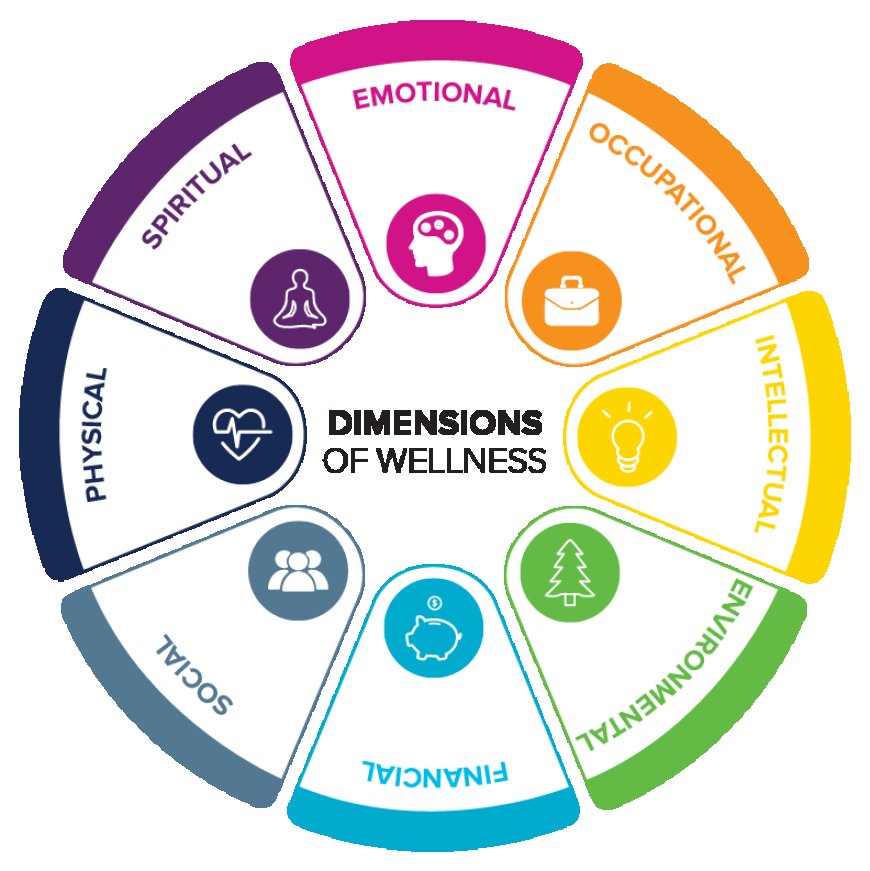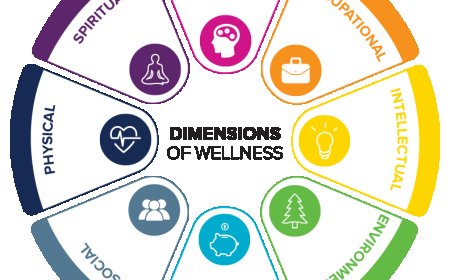The Art of Mindful Eating: Cultivating a Healthy Relationship with Food
Mindful eating is a practice that involves paying full attention to the experience of eating, with a non-judgmental and present-moment awareness. It allows you to cultivate a healthy relationship with food, promote better digestion, and make conscious choices that support your overall well-being. Here are some key principles to help you embrace the art of mindful eating:

Mindful eating is a practice that involves paying full attention to the experience of eating, with a non-judgmental and present-moment awareness. It allows you to cultivate a healthy relationship with food, promote better digestion, and make conscious choices that support your overall well-being. Here are some key principles to help you embrace the art of mindful eating:
-
Eat with Awareness: Slow down and savor each bite, engaging all your senses. Pay attention to the flavors, textures, and aromas of the food. Notice the colors, shapes, and arrangement on your plate. Fully immerse yourself in the eating experience.
-
Listen to Your Body: Tune in to your body's hunger and fullness cues. Eat when you're genuinely hungry, and stop eating when you're comfortably satisfied, not overly full. Pay attention to the subtle signals of your body and learn to trust its wisdom.
-
Be Present: Eliminate distractions while eating. Put away electronic devices, turn off the TV, and create a calm and inviting eating environment. Focus solely on the meal in front of you, allowing yourself to be fully present with the experience.
-
Practice Mindful Portioning: Serve yourself appropriate portions based on your body's needs, not based on external cues or emotional factors. Take into consideration the balance of nutrients and the satisfaction factor of the meal. Avoid restrictive diets or mindless overeating.
-
Embrace Mindful Snacking: When snacking, bring the same level of mindfulness as you would during a meal. Choose nutrient-dense snacks and savor them fully. Pay attention to how your body responds to the snacks and adjust accordingly.
-
Engage Your Senses: Appreciate the aesthetics and preparation of your food. Notice the vibrant colors, pleasant aromas, and appealing textures. Engaging your senses enhances your eating experience and helps you feel more satisfied.
-
Cultivate Gratitude: Develop a sense of gratitude for the food on your plate. Consider the effort, resources, and individuals involved in bringing the food to your table. Express gratitude for nourishment and the joy of eating.
-
Non-Judgmental Awareness: Approach food choices and eating experiences without judgment or criticism. Practice self-compassion and let go of guilt or shame associated with certain foods. Honor your body's needs and make choices that align with your overall well-being.
-
Slow Down and Chew Thoroughly: Take your time with each bite, chewing thoroughly and savoring the flavors. Eating slowly allows you to tune in to your body's satiety signals and promotes better digestion.
-
Cultivate Mindful Habits: Extend the practice of mindfulness beyond mealtimes. Develop mindful habits around grocery shopping, meal planning, and food preparation. Pay attention to the quality and sourcing of ingredients, and the impact of your food choices on your health and the environment.
By incorporating these principles into your eating habits, you can develop a healthier and more balanced relationship with food. Mindful eating encourages you to approach meals with curiosity, gratitude, and self-care, ultimately leading to a greater sense of well-being and satisfaction in your relationship with food.
What's Your Reaction?











































